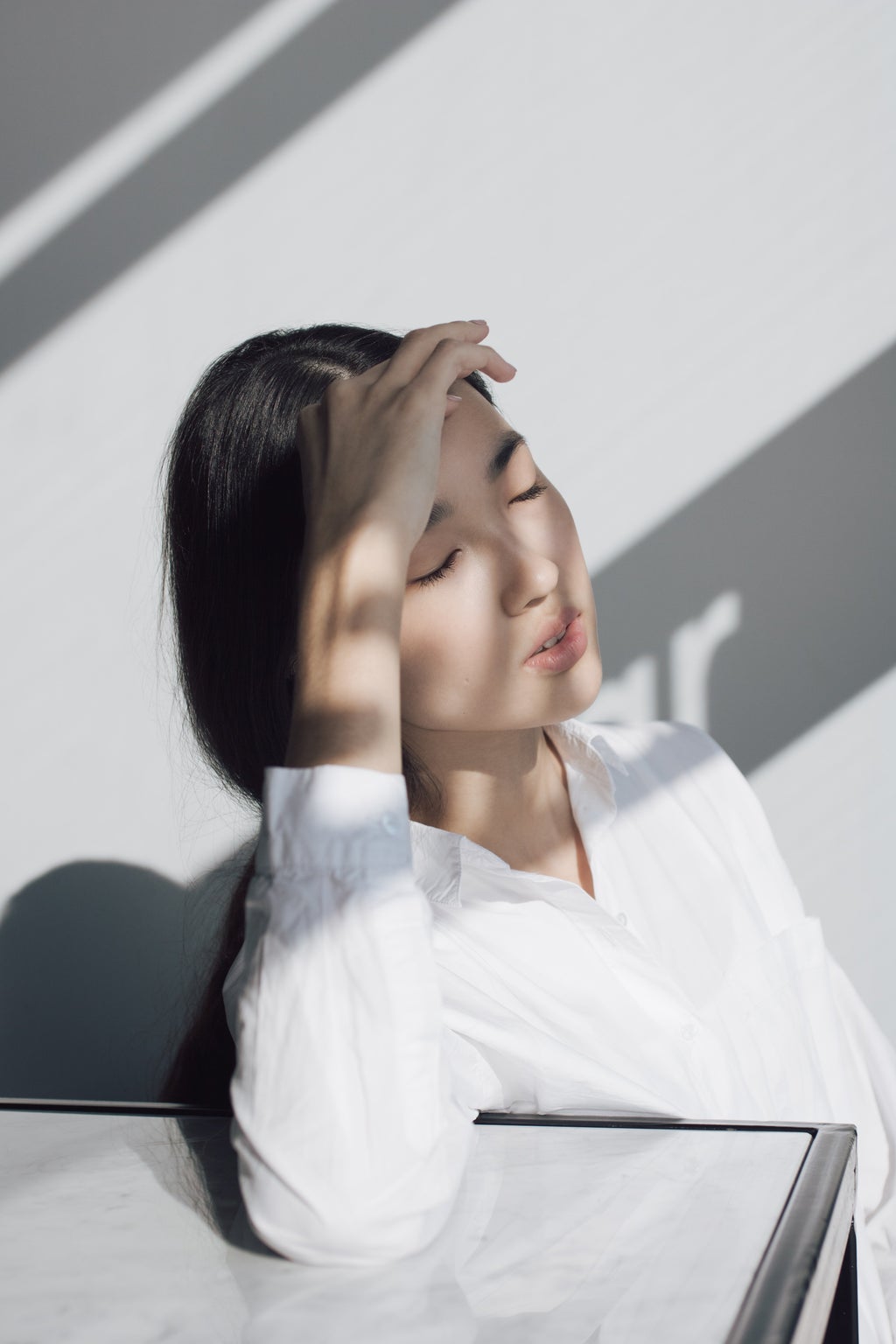In her refreshingly honest and relatable memoir Minor Feelings, Cathy Park Hong pinpoints both the beauty and stigma of being Asian American. She shares her thoughts not only on her experiences as a Korean-American woman but on the collective reality of Asian Americans across the country. Minor Feelings is at once a celebration and a criticism that humanizes Asian people in the United States and renounces the racism weaved into our institutions that are meant to keep us in place.
To be Asian American is to be in a borrowed body. The incongruence between the model minority and the systems of oppression that keep Asian people inferior to White people holds us in the isolating in-between. Hong defines minor feelings as “emotions that are negative, dysphoric, and therefore untelegenic, built from the sediments of everyday racial experience and the irritant of having one’s perception of reality constantly questioned or dismissed.” These feelings are the result of the covert anti-Asian racism that underlies our society; microaggressions and casually discriminatory behavior are not enough to raise concern but are the instigators of internalized racism and harmful model minority stereotypes.
One recurring minor feeling that Hong expresses is shame. From the weird looks in the school cafeteria when you bring a home lunch to the millions of dollars spent on double-eyelid surgery, shame is built into Asian American culture. Hong specifically talks about her relationship with shame from her own family, particularly her immigrant parents who did not immediately assimilate into American culture. Like many first-generation Americans, she was a bridge between her parents and the rest of the country, despite feeling estranged from both. Among her white peers, she embodied the exotic “other.” Among her family, she was accused of straying too far from her culture. Hong manages to capture this nuanced experience that not only applies to Asian Americans but children of immigrant parents overall.
Hong uses her reflections on her life and society as a whole to ultimately lay claim to the United States for all Asian American people. She passionately rejects the idea of a racial trauma hierarchy that diminishes Asian struggles because other groups “have it worse.” This book made me realize how racialized my experiences are as an Asian American woman, from the most blatantly racist encounters with people to the smallest lingering minor feeling. The challenges we face unite us with all other marginalized groups and this solidarity is more important today than ever. As Claudia Rankine says, “To read this book is to become more human.”





